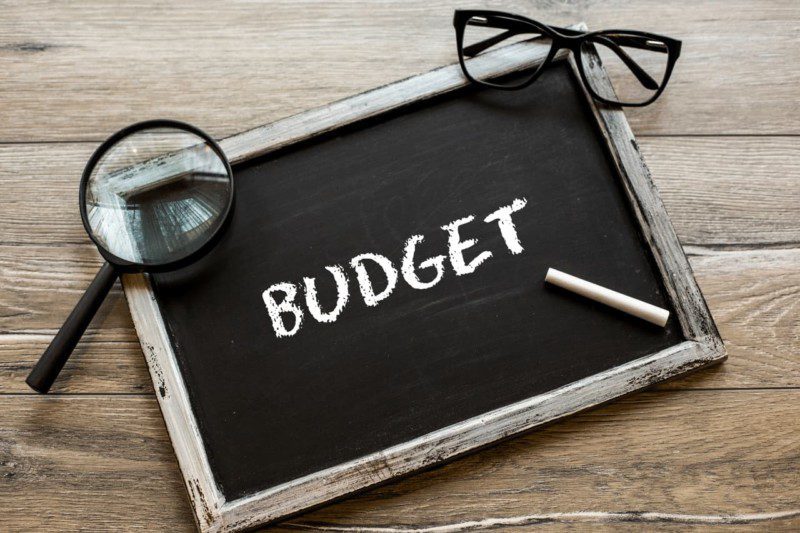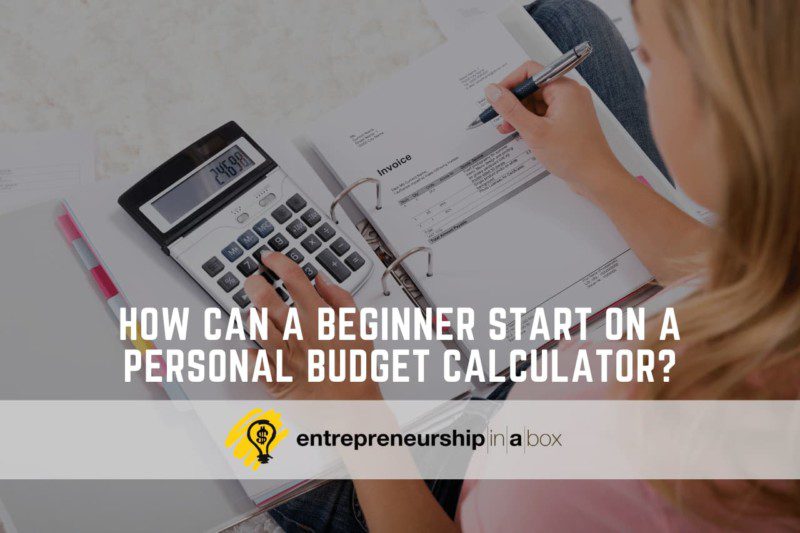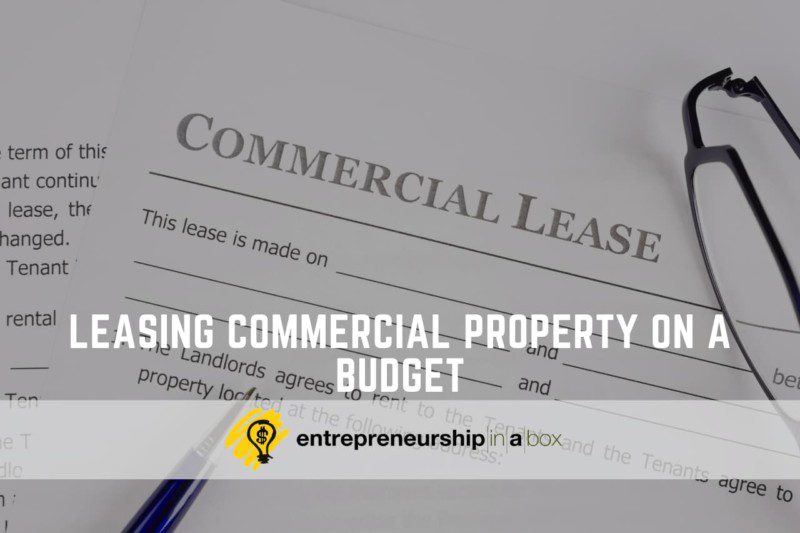Making a budget is essential for money management. Nevertheless, it is the best way to maintain financial control and ensure that your money is going toward the highest costs.
A budget forecasts and tracks income and expenses over a set period. Budgets are used by businesses and governments to track revenues and expenditures, but you may be more familiar with them as a tool for managing your finances.
There are various systems and methods for fund allocation. This guide can help you figure out how to start a budget and why it’s essential.
How to stick to your budget and maintain it properly
Setting one up is one thing; adhering to it is quite another. For example, following a budget may require taking the following steps:
- Regular expense tracking
- If you’re tempted to use your debit or credit card excessively, pay in cash instead.
- Conduct weekly budget check-ins to ensure you’re on track for your financial goals.
- Once a month, review your budget to see if your income or expenses have changed.
Why do you need a personal budget calculator?
Budgets for individuals govern how you spend your own money. Every person should use a personal budget calculator Canada Housing, utilities, groceries, and transportation are specific funds allocation categories. Most people try to lower their debt, such as credit card and loan debt, and may place more emphasis on saving for retirement or an emergency fund.
Setting up a budget is crucial for gaining financial control. Without a set spending plan, it’s simple to go over budget and accumulate debt if you frequently use credit cards or loans to cover shortfalls.
To determine which strategy suits you the best, try a few different ones. Remember that budgets are not something you “set it and forget it.” Instead, review your budget frequently and make necessary adjustments if your income or expenses shift.
Three simple steps to create a simple budget
Step 1: Accept the Continuous Budgeting Process
Accepting that budgeting is the ongoing strategy you will employ to lead the financially fulfilling life you desire is the best way to position yourself for budgeting success. In addition, it’s better to think of budgeting as a regular maintenance task, similar to doing your laundry, rather than a one-time or infrequent chore.

Step 2: Determine Your Monthly Earnings
You’re prepared to start digging into the specific numbers once you’ve accepted the realities of the budgeting process. To begin, figure out your monthly income.
This part will be straightforward for anyone who receives a salary from a conventional employer. It would be best to look at your most recent pay stub to determine how much money you make per paycheck. If you are paid weekly, multiply that by four. If you are paid biweekly or twice a month, multiply it by two.
Nevertheless, calculating your monthly income becomes more difficult if you work as a freelancer, have side hustles, earn hourly pay or overtime, or rely on tips or commissions. In that case, collect your income data for the previous three to six months and average it. This will give you an idea of how much money you make each month on average.
Step 3: Sum up Your Mandatory Expenses
Your necessary expenses are the bare minimum you require each month to live.
Most people have a general understanding of their fixed or recurring expenses. For example, you know exactly how much rent or mortgage you pay each month.
Final words
Concluding the information, here are the things you shouldn’t miss Rent/Mortgage, Access to utilities like mobile phones and data/Wi-Fi (if these fluctuate, calculate the monthly average over the last 12 months), A car loan, Vehicle insurance, Payment of student loans, Child support or alimony, Daily care costs and Monthly subscriptions (such as gym membership).





